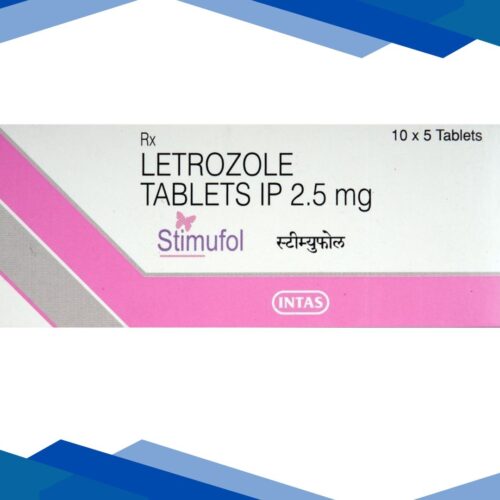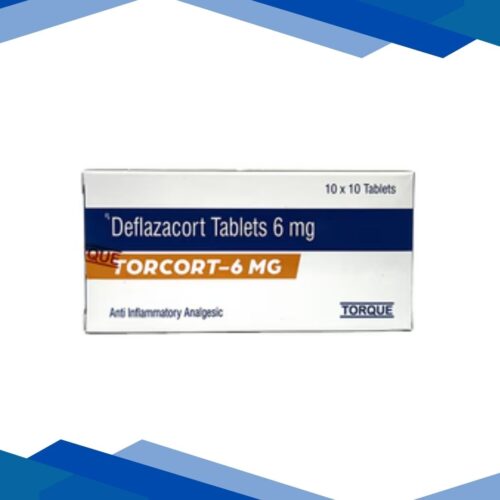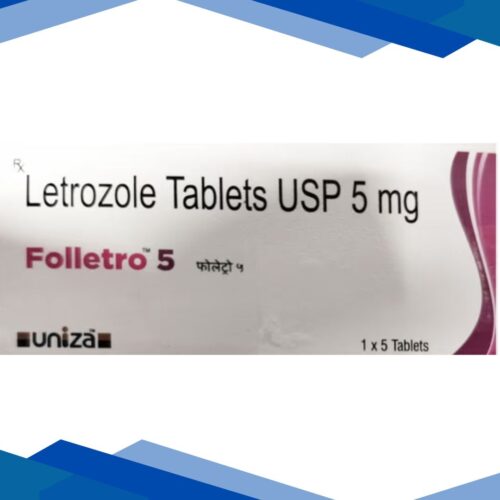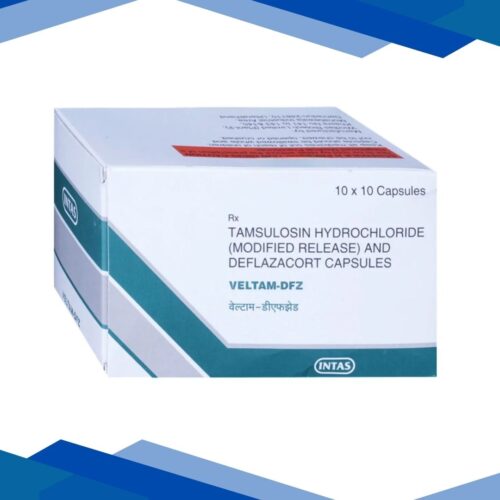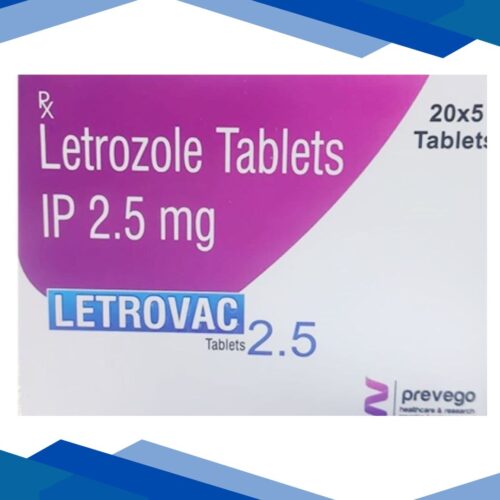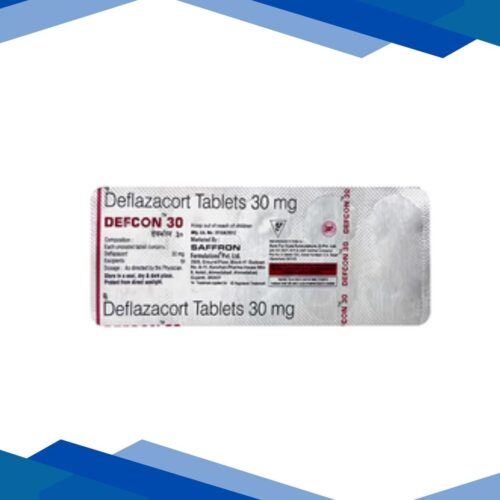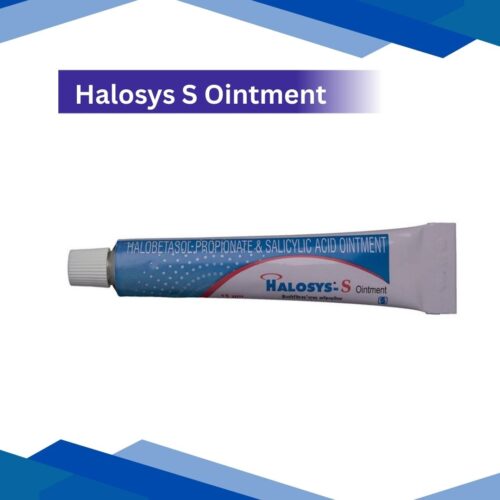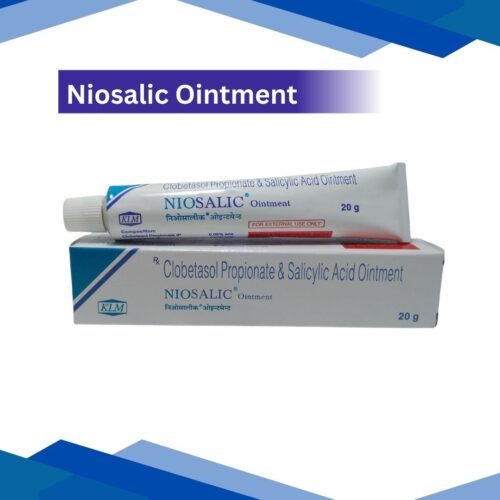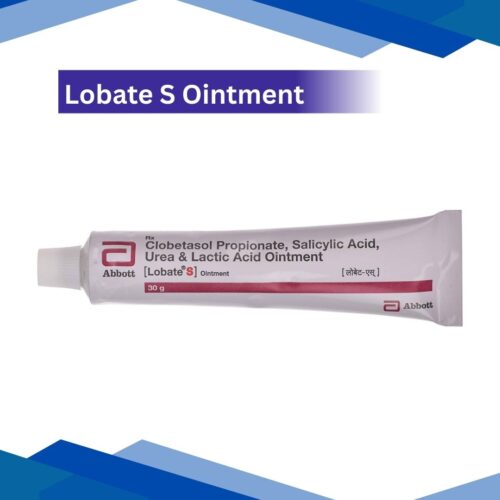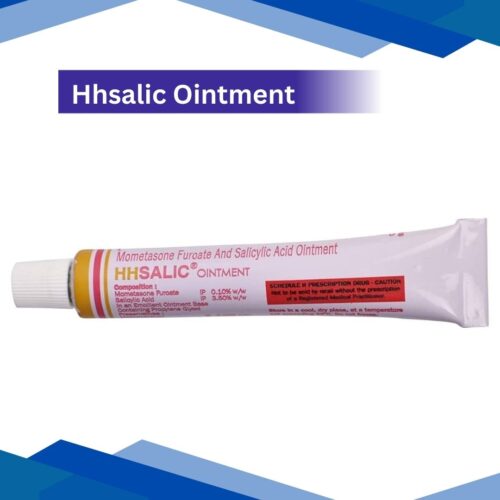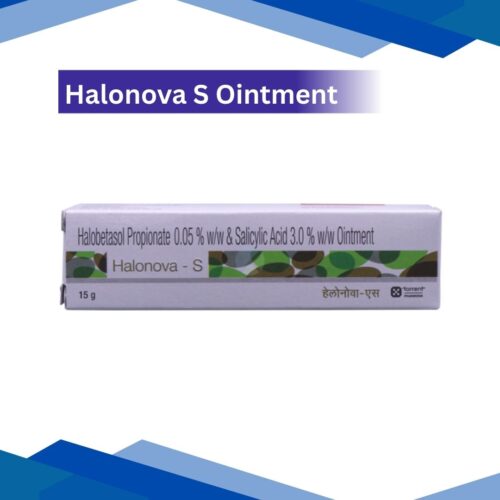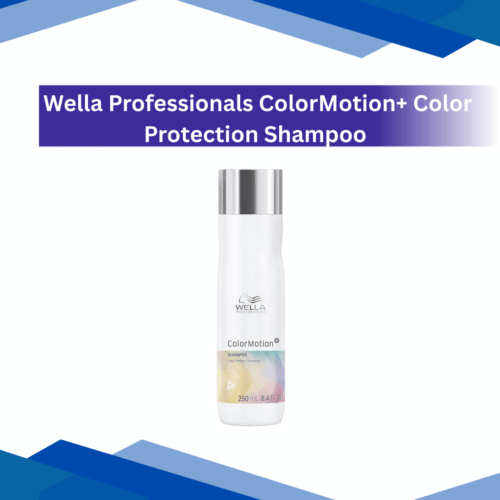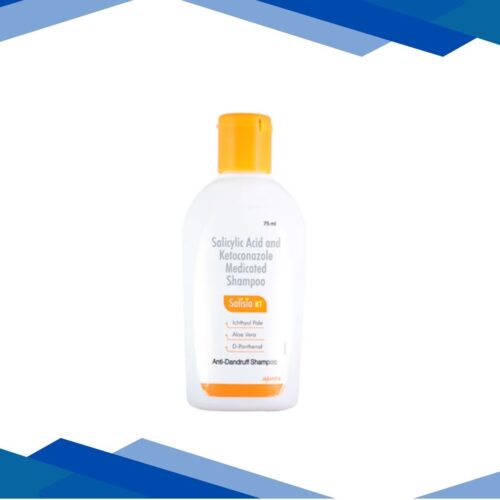Stimufol 2.5mg Tablet
VELTAM DFZ Capsule 10’s
DEFCON 30mg Tablet 10’s
Folica Hair Solution
No Prescription yet? Don’t worry! Click Here to Get Online Consultation
Why Prescription is Required?
✅ Providing Right Medicines
Prescriptions are complex documents. We proofread and recheck at various steps to provide you the right medication in the correct form and dose.
⚖️ Helps Comply with the Law
Most medicines cannot be sold without a valid prescription, as per the Drugs and Cosmetics Act, 1940 and Rules, 1945.
Book Appointment with Doctor
For more details Kindly click on Medicine Salts below:
Benzyl Nicotinate
BENZYL NICOTINATE
Overview:
Benzyl Nicotinate is an application vasodilator that is widely used in creams, gels and ointments to facilitate blood flow in the skin. It can be described as a method that enlarges the small blood vessels, thereby causing more blood to flow to the part that you are putting it in. The effect of this action is to warm or redden the skin. It is commonly found in pain-relief rubs, muscle relaxants and occasionally in cosmetic products to promote absorption.
Classification: Vasodilator
Uses:
- Improves local blood circulation when applied to the skin
- Provides relief from muscle and joint pain
- Reduces stiffness and relaxes sore or tired muscles
- Produces a mild warming effect for soothing comfort
- Frequently present in pain-soothing balms, massage lotions, and athletic gels.
- Sometimes included in skincare products to improve absorption of other ingredients
How it works:
Benzyl Nicotinate works by releasing nicotinic acid (niacin) after being applied to the skin. Nicotinic acid causes the small blood vessels (capillaries) under the skin to widen, a process known as vasodilation. This increases blood flow in the area, leading to a warm or reddened feeling on the skin.Improved blood flow provides relief from muscular and articular discomfort and may also facilitate the effectiveness of other topical ingredients.
Dosage:As prescribed by your doctor.
Side Effects:
- Redness or flushing of the skin
- Warm or tingling sensation
- Mild itching or irritation
- Slight burning feeling
- Rarely, mild rash or allergic reaction
Precautions:
Do not apply Benzyl Nicotinate on sores, irritated or sensitive skin. Nicotinic acid or other products of such a type have a known allergy, so you should not use it. Also, be careful not to get it into your eyes, mouth, or other sensitive places and wash immediately in case it does. Use the suggested volume and frequency- if the suggested dose doesn’t work, increase will not work either. When your skin turns very red, swollen, or rashy, then stop using it and see your doctor. It is a good idea to consult with your healthcare provider before taking this product when you are pregnant or when you are breastfeeding.
Disclaimer:This content is for informational purposes only. Always consult a healthcare provider for medical advice and proper dosage.
Salicylic Acid
SALICYLIC ACID
Overview
Salicylic Acid is a commonly used skin treatment that helps remove dead skin, unclog pores, and reduce pimples and blackheads. It’s often found in acne creams, face washes, shampoos, and even foot creams for rough or thick skin.
Classification
Salicylic acid belongs to a group of medicines called keratolytics (which help shed the outer layer of skin). It’s also considered a beta hydroxy acid (BHA), often used in skincare products.
Uses
Treats acne, blackheads, and whiteheads
Helps remove corns, calluses, and warts
Used for dandruff and scalp psoriasis in medicated shampoos
Clears out excess oil, dead skin, and prevents clogged pores
Can be used to smooth rough skin patches (like on feet or elbows)
How It Works
Salicylic acid works by softening and loosening dead skin cells on the surface. It helps them shed naturally, which clears blocked pores and reduces swelling and redness in acne. It also has a mild anti-inflammatory effect, calming irritated skin.
Dosage
As prescribed by your doctor.
Side effects
Most people tolerate it well when used correctly. Possible side effects include:
Dryness or peeling
Skin irritation (redness, burning, stinging)
Itching
Skin becoming more sensitive to sunlight — always use sunscreen
Rare: Allergic reaction or severe irritation (stop using and see a doctor)
Precautions
For external use only — don’t use inside your mouth, nose, or eyes
Avoid on broken, infected, or very sensitive skin
Always do a patch test first, especially if you have sensitive skin
Pregnant or breastfeeding? Ask your doctor before using
Don’t use too often or in large areas — it can cause skin to become too dry or irritated
Avoid mixing with strong exfoliants or other acne medications unless advised
Disclaimer
This content is for informational purposes only. Always consult a healthcare provider for medical advice and proper dosage
Vitamin K
VITAMIN K
Overview
Vitamin K is a fat-soluble vitamin that helps your blood clot properly. This means it plays an important role in stopping bleeding when you get a cut or injury. It also helps keep your bones strong and healthy. You can find it in green leafy vegetables like spinach, broccoli, and kale.
Classification
Vitamin K is part of the fat-soluble vitamin group, which means it dissolves in fat and gets stored in the body.
There are two main types:
Vitamin K1 (found in plants, especially leafy greens)
Vitamin K2 (found in animal foods and fermented products like cheese or natto)
Uses
Helps blood clot to stop bleeding
Supports bone strength and growth
May help prevent calcium buildup in blood vessels (which can be harmful to the heart)
Given to newborns to prevent bleeding problems
How It Works
Vitamin K helps the body make proteins that are needed for blood clotting and bone building. Without enough Vitamin K, your blood may not clot well, and your bones may become weaker over time.
Dosage
As prescribed by your doctor.
Side effects
Vitamin K from food is generally safe. Side effects are rare, but may include (mainly from supplements or injections):
Stomach upset or cramps
Unusual taste in the mouth
Allergic reaction (very rare – rash, itching, swelling)
Injection side effects: redness, pain, or swelling at the site
Precautions
If you’re on blood thinners (like warfarin), you need to watch your Vitamin K intake
Too much from food usually isn’t harmful, but high-dose supplements should only be taken if prescribed
People with liver problems or digestive issues may need special guidance
Pregnant or breastfeeding women should ask a doctor before using supplements
Disclaimer
This content is for informational purposes only. Always consult a healthcare provider for medical advice and proper dosage
